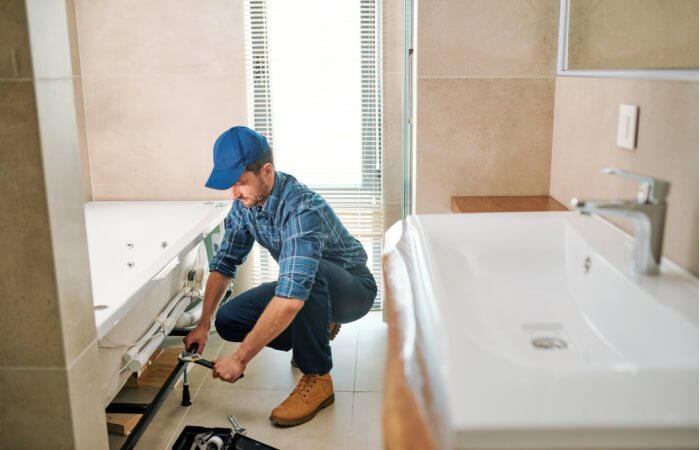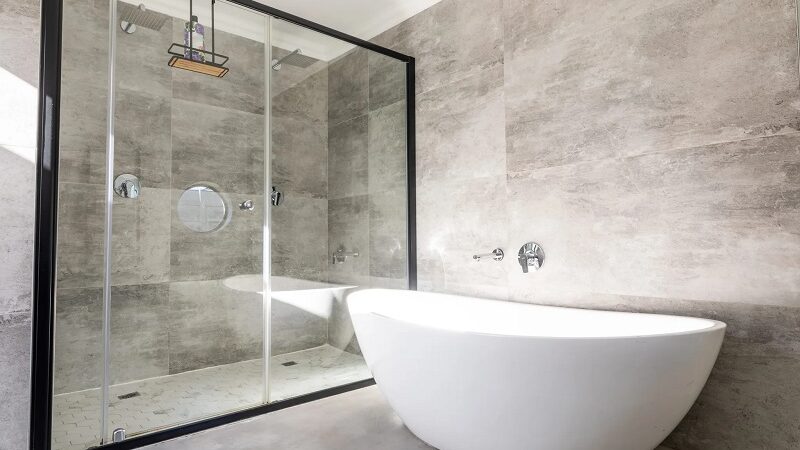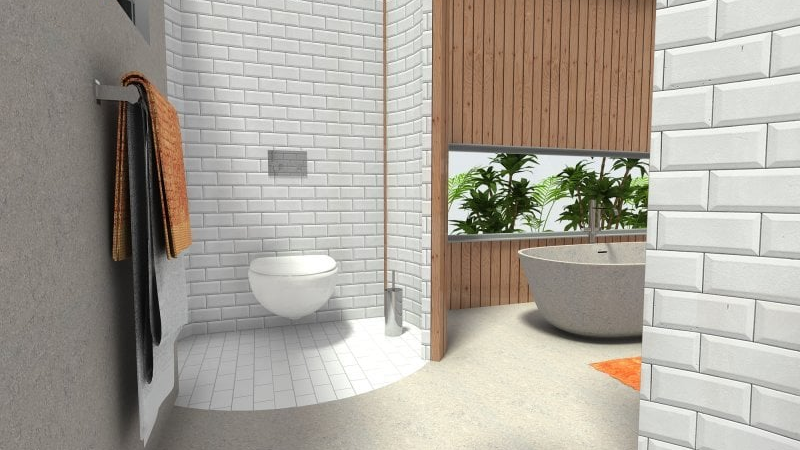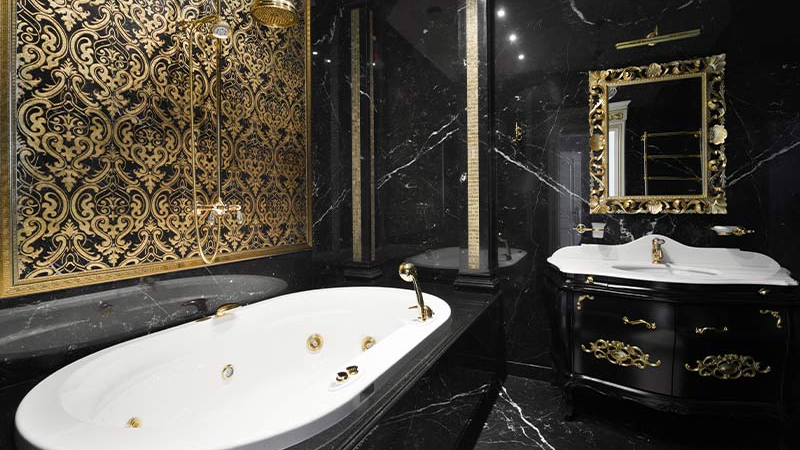The Best Flooring Options for Bathrooms

When choosing flooring for your bathroom, you need a material that is water-resistant, easy to clean, and attractive. The high moisture levels in bathrooms can damage many types of flooring, leading to warping, discoloration, and mold growth. Carefully consider these top flooring options to find the right fit for your space.
Slip Resistance is Crucial
One of the most important factors in choosing bathroom flooring is slip resistance. The surfaces in bathrooms often get wet from showers and baths, making slick surfaces very dangerous. Plumbing leaks can also create puddles. Look for materials and surface textures that provide ample grip, even when wet. This includes avoiding glossy surfaces which tend to be more slippery.
Waterproof Vinyl Flooring
Waterproof vinyl is an excellent bathroom flooring choice as it resists water damage and is easy to clean. Made from PVC with a rotating middle layer, quality bathroom flooring vinyl won’t swell or warp when exposed to moisture over time. Waterproof vinyl comes in a wide range of styles from natural stone and hardwood looks to decorative patterns.
Tile and Stone Floors
Ceramic, porcelain, and natural stone tiles remain classic options for bathroom floors. Their water-resistance makes them ideal for spaces with frequent moisture. Grout may need occasional sealing to prevent stains from liquids. Textured surfaces help prevent slippery tile floors. Stone and ceramic tile styles range from mosaics to large format tiles.
Heated Flooring Options
For the ultimate bathroom luxury, consider installing heated floors. Heating elements under the flooring material give off a radiant warmth that feels wonderful on bare feet. This added heat also causes bathroom floors to dry faster after showers and baths. Tile, vinyl, and other solid flooring materials can support underneath heating systems.
Moisture-Resistant Wood
Water-resistant engineered wood floors bring warmth and style to bathrooms. Coating systems provide protection against minor standing water and splashes. Many engineered wood planks have plywood cores making them more stable in moist areas. Just be attentive to wipe up spills promptly before they seep between planks.
When selecting your bathrooms floors, pay close attention to the material’s wet slip rating, waterproof qualities, and moisture warranties.







